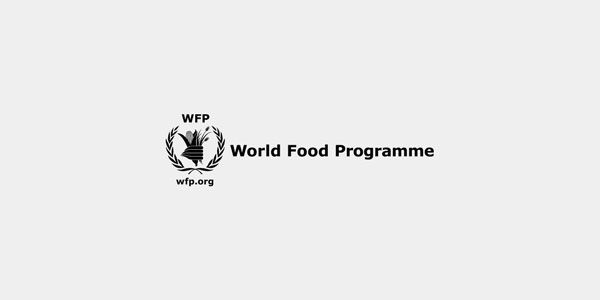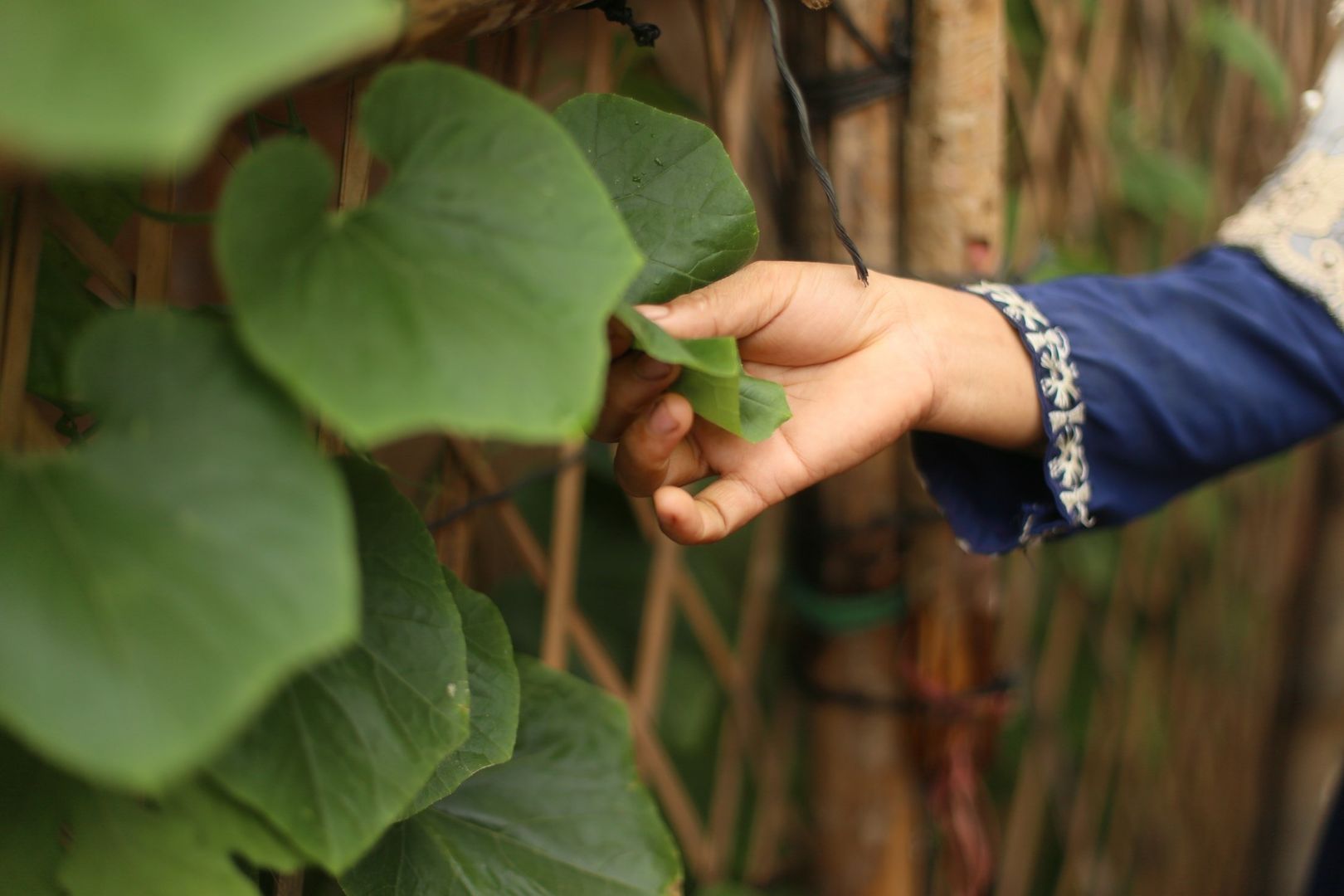The Issue
In 2022 around 915,000 Rohingya refugees were residing in 33 extremely congested camps in Ukhiya and Teknaf Upazilas of Cox’s Bazar District. The Rohingya refugees in Cox’s Bazar camps face numerous challenges in accessing adequate and nutritious food.
The camps are overcrowded, and there is limited space and resources available for traditional agriculture. Additionally, the refugees heavily rely on humanitarian aid for their food requirements, which may not always be sufficient or sustainable in the long term. After COVID-19 there was a notable drop in food security and an increase in reliance on negative coping strategies to survive.
The Project
To increase the access to nutritious food in the camps, this project provides training and support to the refugees in various aspects of climate-smart homestead gardening, including soil preparation, seed selection, organic farming techniques, pest control, and post-harvest management.
It also facilitates the distribution of essential gardening inputs such as seeds, tools, and organic fertilizers to ensure that the refugees have the necessary resources to start and maintain their gardens.
During the trainings and cooking demonstration, DCA is also conveying key messages on hygiene, nutrition, and primary health to raise awareness.
The project is supporting the refugee households with training so that they are able to grow a variety of vegetables for household consumption. In addition to improving access to fresh food, homestead gardening will help them to reduce their aid dependence, hence enabling them to afford other important products.
DCA is working with 5,000 households from five camps in Ukhiya, Cox’s Bazar through this project. The key focus is to provide training to the women in the households in order to empower women and girls to have increased leadership and decision-making power regarding food security and nutrition in the households, communities, and societies.
The Change
This project recognises the potential of small-scale, household-based gardening as a way to address these challenges of depending entirely on aid for survival.
It encourages the Rohingya refugees to utilise the limited space around their shelters to grow vegetables, herbs, and other crops for personal consumption and income generation.
Consuming vegetables is scientifically established to prevent malnutrition since it offers a variety of nutrients to fight vitamin and mineral deficiencies, often known as “hidden hunger”.
Homestead gardening supports a focus on upcycling and recycling which minimises waste and decreases the demand for vegetables in the Cox’s Bazar Market – a critical contribution given the anticipated 50-60 percent annual vegetable deficiency in the Cox’s Bazar District.
Furthermore, this initiative is in line with rural Bangladeshi practices of subsistence from household vegetable production. Gardening in camps will provide positive mental health benefits to the Rohingya households involved, including the yield of fresh and healthy vegetables.
The Results
The Homestead Gardening project not only addresses immediate food security concerns but also promotes self-reliance and resilience among the Rohingya community. It empowers them to take control of their food production, improve their nutritional intake, and develop skills that are useful both within the camps and potentially in the future when they return to their home country or resettle elsewhere.
Our Work
DCA has been active in Bangladesh since 1971. Since the 2017 Rohingya refugee influx, DCA Bangladesh has focused on the refugee crisis response mainly in Cox’s Bazar District. Since 25 August 2017, Bangladesh has been facing a complex humanitarian emergency with over one million Rohingya refugees living in Cox’s Bazar District concentrated in 33 highly congested camps, forming the biggest refugee camp in the world – highly dependent on humanitarian assistance.
DCA is providing foundational education, food security, livelihoods and life skills, gender-based violence prevention and response, support for income-generation activities and disaster risk reduction – mostly through self-implementation.
About the project
Full title: Homestead Gardening and Community Aquaculture
Theme: Building resilience
Project Period: 1 February – 31 December 2023
Total amount: USD 720,893


